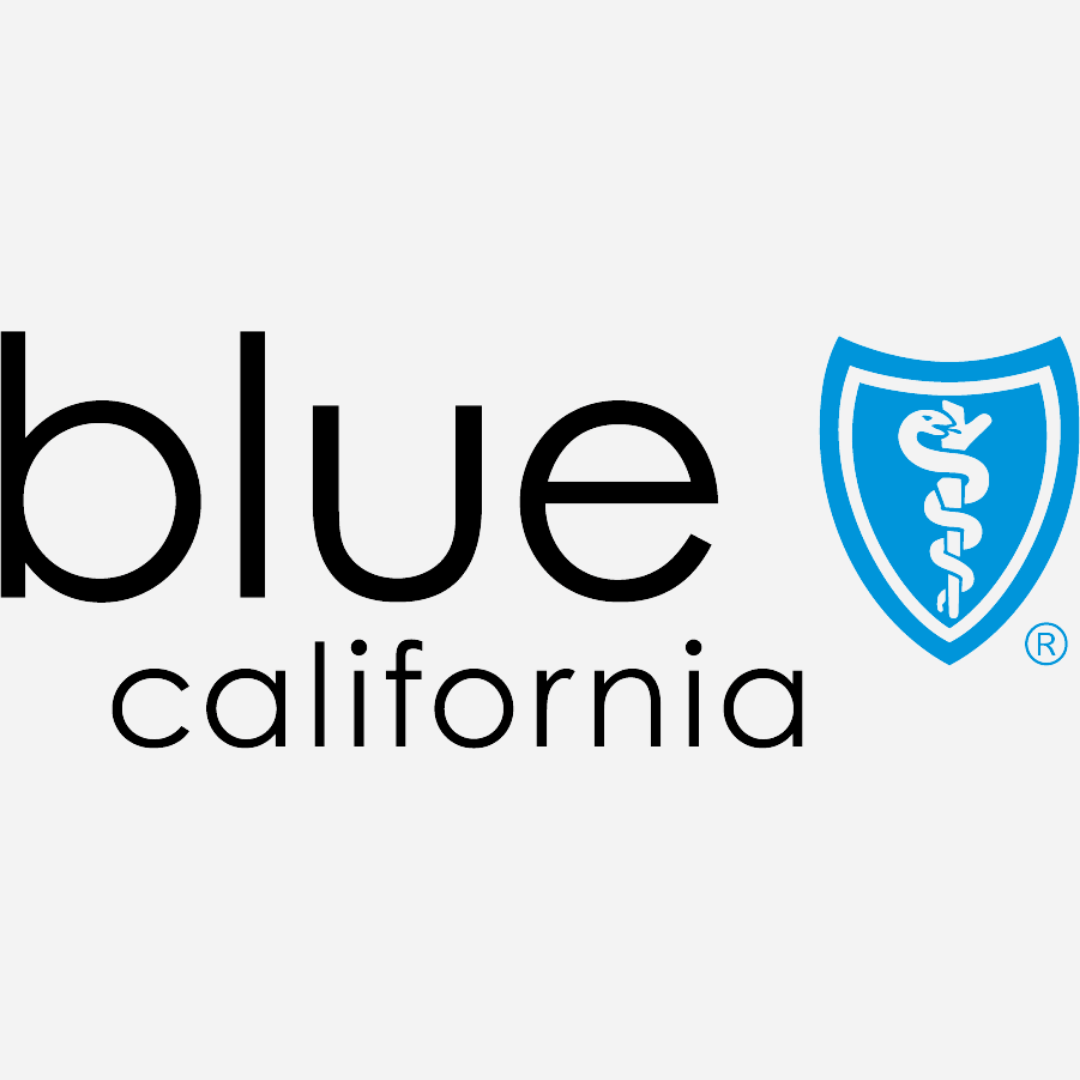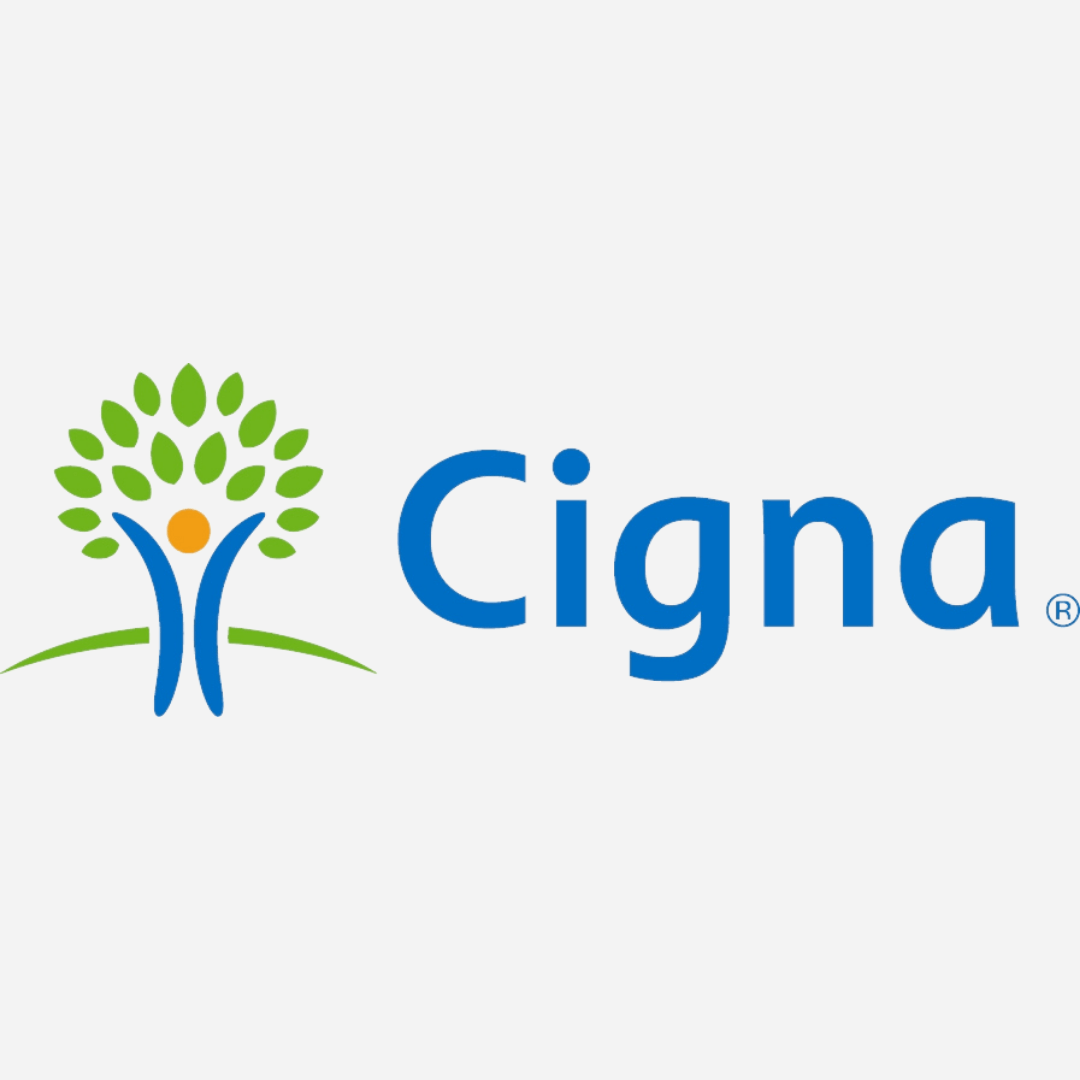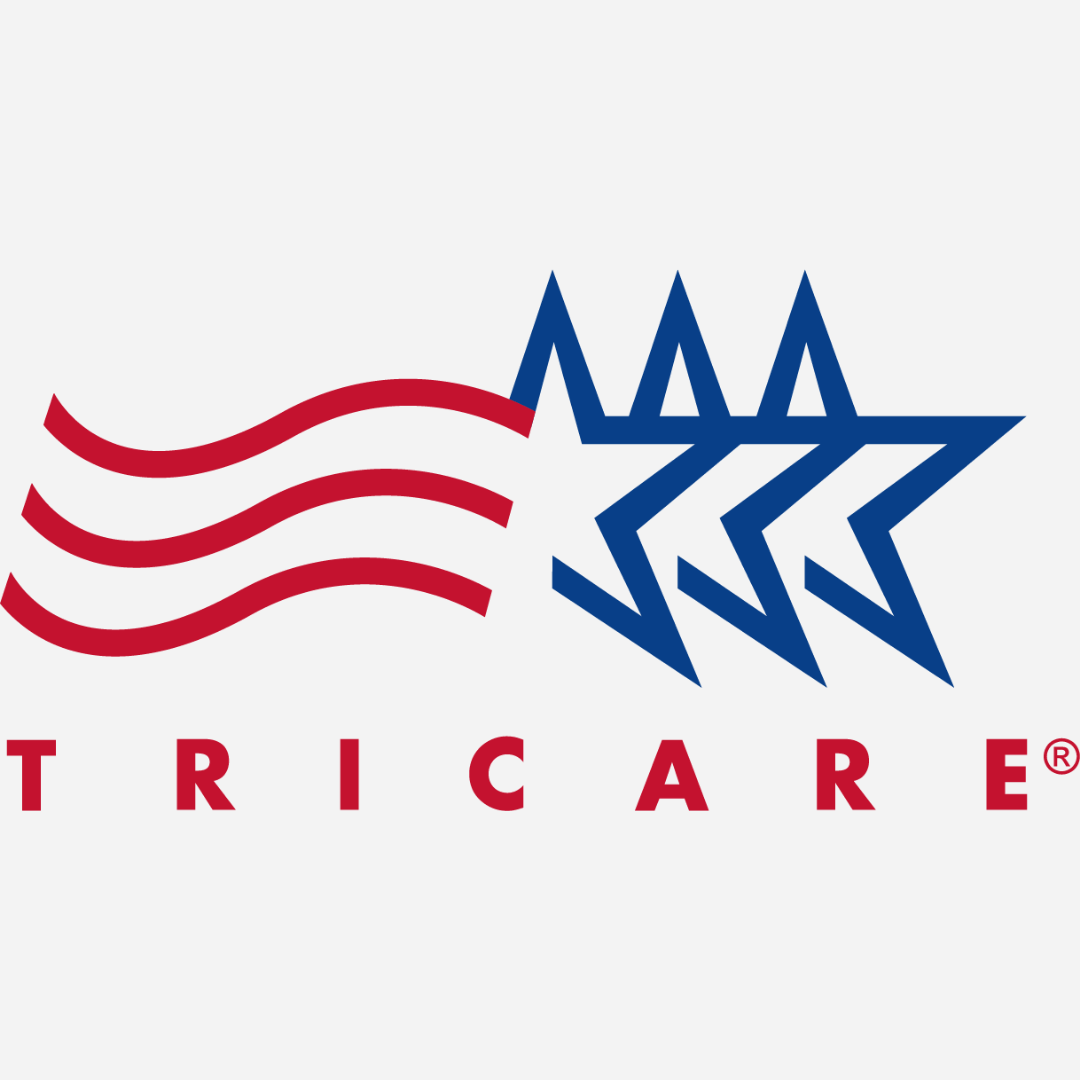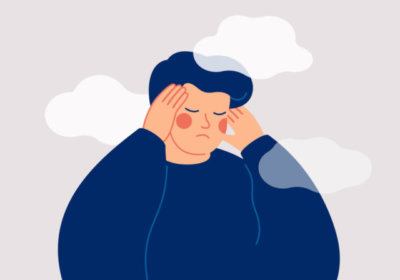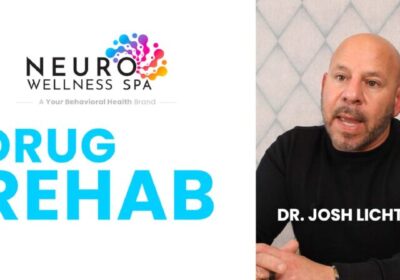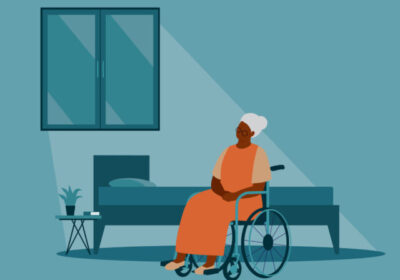TMS for Cigarette Cessation in Los Angeles
Ready to quit smoking for good? Our FDA-cleared TMS treatment in Los Angeles offers a revolutionary, drug-free approach to breaking nicotine addiction by directly targeting cigarette cravings at their source.

How does TMS help with Cigarette and Smoking Cessation?
Transcranial Magnetic Stimulation (TMS) represents a breakthrough in smoking cessation treatment. FDA-cleared for nicotine addiction in 2019, TMS targets the neural pathways associated with cigarette cravings, reducing the urges that make quitting so challenging.
During TMS treatment at Neuro Wellness Spa, patients sit comfortably while the device delivers precise magnetic pulses to areas of the brain involved in addiction and reward processing. These pulses help normalize brain activity patterns that drive nicotine cravings and habitual smoking behavior. Most patients describe the sensation as gentle tapping on their scalp.
Each session takes approximately 20 minutes. Unlike traditional cessation methods, TMS is well-tolerated with minimal side effects – some patients may experience mild scalp discomfort or headaches. Most smokers begin noticing a reduction in cigarette cravings after about 2 weeks of treatment (8 sessions), and can return to their daily activities immediately after each session.
Smoking Statistics
- It is estimated that approximately 34.2 million Americans are currently smoking cigarettes.
- More than 16 million Americans are living with a disease caused by smoking.
- Smoking is the leading cause of preventable death
- Smoking causes more than 7 millions deaths per year worldwide
- That’s more deaths than are caused by alcohol, cocaine, heroin, car accidents, homicides, suicides, fires and AIDs combined.
- On average, the lifespan of smokers are 10 years shorter than non-smokers
- Seven out of ten adult smokers want to quit smoking
Why should I quit?
- Quitting smoking is the most important decision you make for your health.
- Smoking harms nearly every organ in the body.
- In the US, smoking is responsible for nearly 1 in 5 deaths.
- Quitting can help you add years to your life. Smokers who quit before age 40 reduce their chance of dying too early from smoking-related diseases by about 90 percent. Those who quit by age 45–54 reduce their chance of dying too early by about two-thirds.
- You can also protect your loved ones from the dangers of secondhand smoke.
How nicotine addiction works
- In an addicted brain, the reward processing circuits become imbalanced. The brain receives an abundant supply of dopamine, which is a neurotransmitter involved in experiencing pleasure. The brain “learns” to seek out the “high” previously experienced with the excess dopamine when a smoker has a cigarette. Elevated brain activity in response to drug cues — referred to as cue reactivity —predicts relapse in addiction.
- Treatment approaches that target the neural circuitry related to cue reactivity, like TMS, may reduce relapse in patients. Emerging evidence suggests transcranial magnetic stimulation (TMS) may be able to directly target the neural circuitry involved in addiction.
Ongoing Research
New research investigating TMS for smoking cessation has yielded positive results. To date, several studies have evaluated TMS in the treatment of cigarette cessation.
In 2017, researchers demonstrated how rTMS can help people quit smoking. In this study, TMS treatment significantly reduced the risk of relapse, increased abstinence rate, and increased uptake of the self-help intervention.
TMS received FDA clearance for the treatment of smoking cessation in 2020.
At Neuro Wellness Spa, TMS treatment for cigarette cessation incorporates a series of eight self-help booklets on cigarette cessation to help our patients quit smoking. These booklets are both informational and interactive. The following topics are covered:
- Smoking Urges and How to Cope with Them
- Smoking and Weight
- What If I Have a Cigarette?
- Smoking and Your Health
- Smoking, Stress, and Mood
- Lifestyle Balance: Wants vs. Needs
- Life with Cigarettes
Conditions We Treat
- Depression
- Generalized Anxiety Disorder (GAD)
- Panic Disorder
- Attention-Deficit Hyperactivity Disorder (ADHD)
- Bipolar Disorder
- Postpartum Depression
- Obsessive-Compulsive Disorder (OCD)
- Substance Use Disorder/Addiction
- Eating Disorders
- Insomnia
- Post-Traumatic Stress Disorder (PTSD)
- Cognitive Impairment
- Dementia
- Borderline Personality Disorder
- Autistic Spectrum Disorder
- Chronic Pain
- Fibromyalgia
- Chronic Fatigue
- Stress/Burnout
Our Locations

Brea















